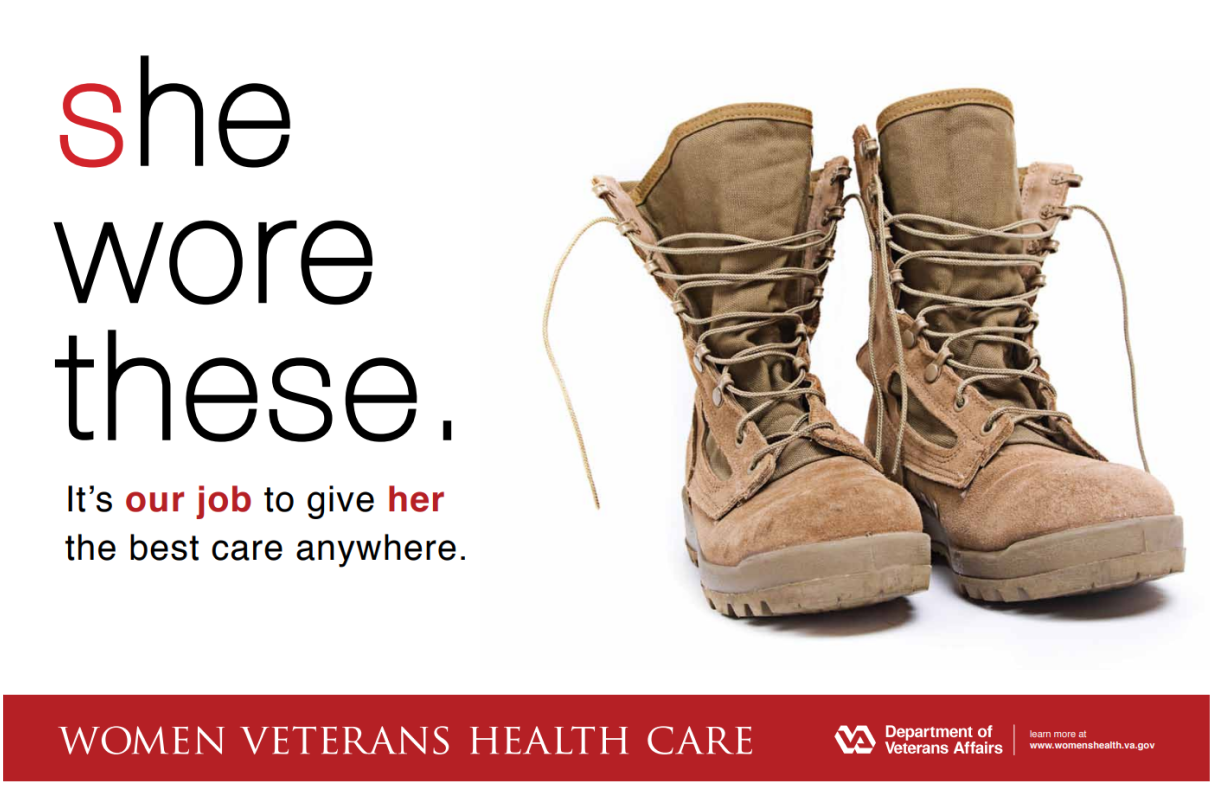This article by Patricia Kime originally appeared on Military.com, the premier resource for the military and veteran community.
The Department of Veterans Affairs has called more than 1.2 million female veterans nationwide to explain their benefits and provide information on health services available at the department -- part of an effort to close the gap between male and female veterans who go to the VA for medical care.
The little-known Women Veterans Call Center was established in 2013 to provide information to callers on services available to female veterans at the VA. In the past seven months, it has received 79,700 calls for information.
[RELATED: VA Secretary Outlines Priority List for Tens of Thousands of Job Vacancies]
But it also provides outreach, personally speaking to or leaving voicemail messages for 632,000 female veterans, helping drive an increase in enrollment from roughly 256,000 female vets in 2005 to nearly 500,000 in 2018.
Still, the VA must do more to bring female veterans through the door, said Dr. Patricia Hayes, the VA's chief consultant for women's health services, during a House Appropriations Subcommittee on Military Construction, Veterans Affairs and Related Agencies hearing Thursday.
Female veterans continue to use VA health facilities at significantly lower rates than men, Hayes said, and while enrollment has risen, the gaps need to be addressed.
"It's not just about more money. It's making sure we are getting the right folks in there so we have people in there, providers really taking care of the women," she said.
The reasons women don't go to the VA for health care are many, but VA research shows the primary explanations are that women don't know they are eligible and they also don't realize the department provides women's health services.
Some specialty services are not available at every VA medical facility nationwide, but every VA health system has two Women's Health Primary Care Providers, or WH-PCP, on site. And 90 percent of clinics have a WH-PCP, Hayes said.
[RELATED: House Passes Bill to Provide Free Child Care During VA Health Appointments]
Nearly 140 VA medical centers have an on-site gynecologist, and every VA medical center provides mental and physical health treatment for conditions related to military sexual trauma.
Much of the increase in VA health care utilization among women has come in the mental health services, according to the VA. The department has seen a 154 percent increase in the past 10 years of women seeking behavioral health services, and more than 40 percent of women in the VA health care system have been diagnosed with a mental illness.
To meet the medical and mental health care needs of female veterans, the VA has stepped up counseling and treatment programs, tapped into community care and expanded telehealth services, said Susan McCutcheon, in the VA's office of mental health services and suicide prevention.
"Every VA medical center has a women's mental health champion ... it's their responsibility to do outreach into the community and find programming that is not available through the VA," McCutcheon said.
Still, there are gaps in care, Hayes said. The VA provides infertility services, but not in vitro fertilization, to veterans, with the exception of those who are married and have a service-connected disability that caused the infertility.
Hayes also said the department is unable to keep up with demand for providers trained in women's conditions and "provider turnover continues to be an issue."
Women living in remote areas or places lacking enough providers also face barriers to care, she added.
Committee Chairwoman Rep. Debbie Wasserman Schultz, D-Florida, told Hayes and McCutcheon that the VA should expect legislation to address some of the shortfalls.
Other articles by Military.com:
Thousands of Sailors, Marines Set to Return from Historic Middle East Deployment
Pentagon: No Military Construction Projects Will Be Canceled to Fund Border Wall
How to Get a Historic M1 Rifle and Other Military Surplus Weapons
